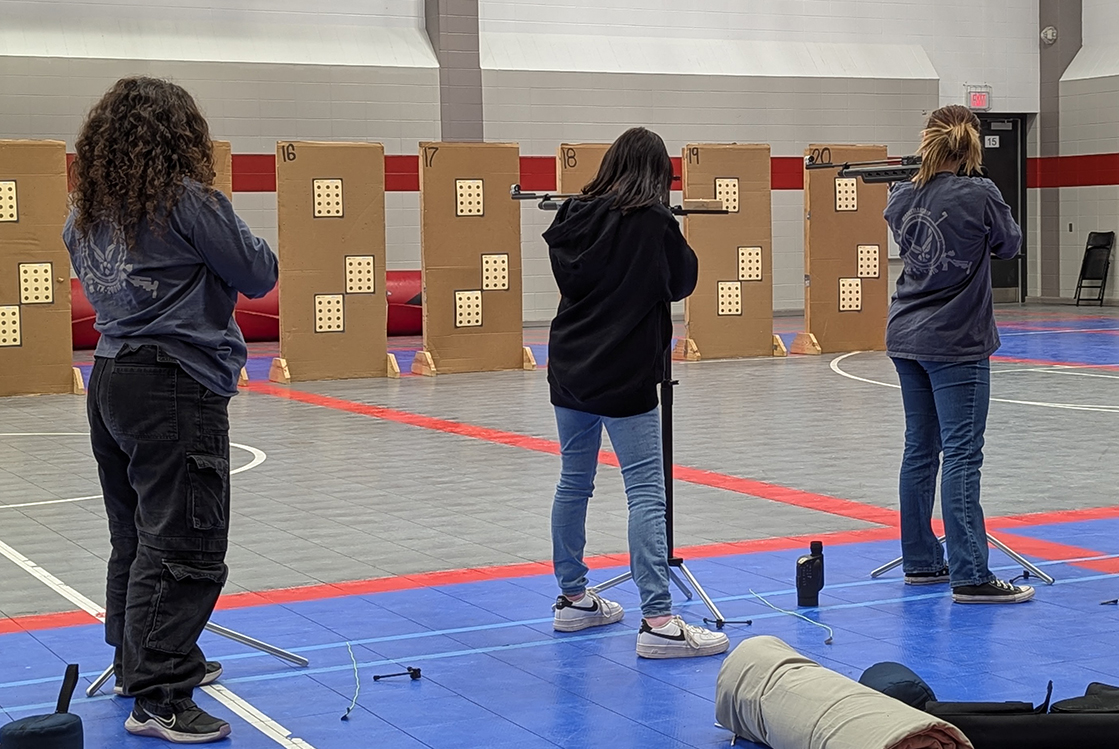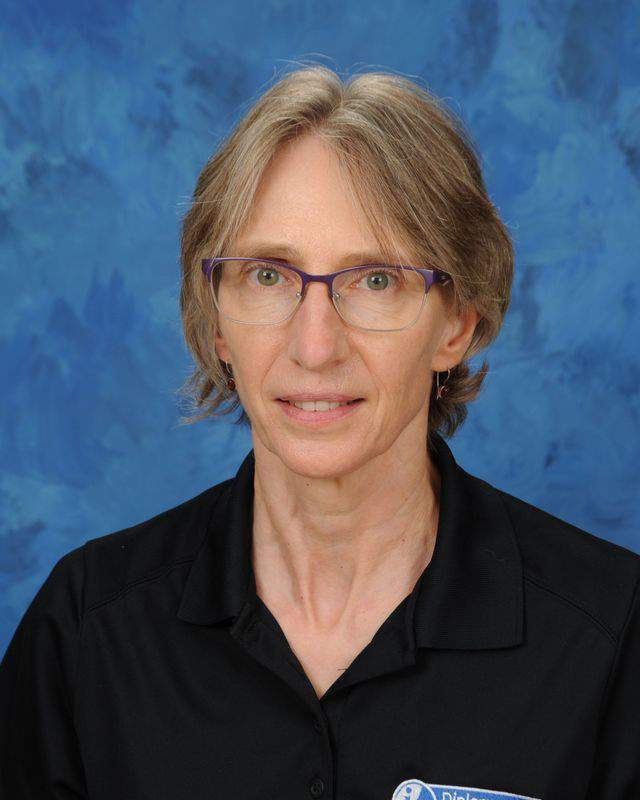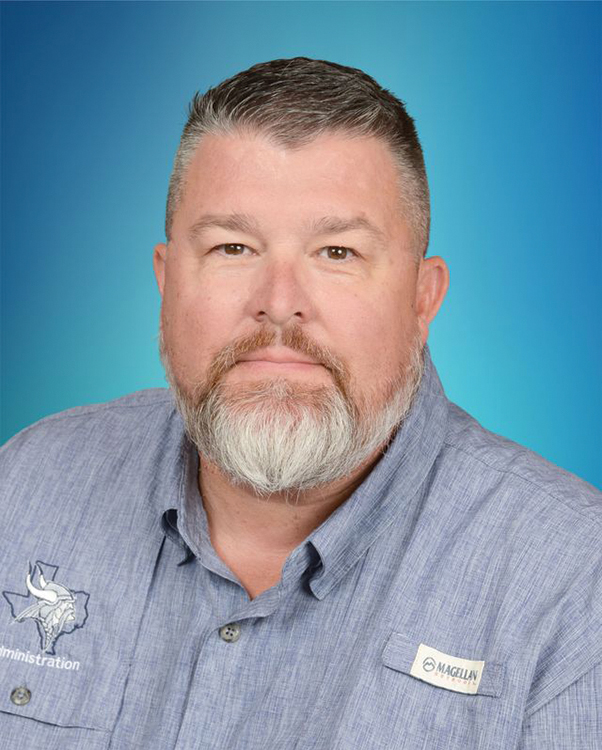A riveting sense of humor, impressive demonstrations, and interactive lessons on the laws of physics are what you can expect in an everyday class with physics teacher Robert Richards, but what students don’t expect is Richards’ unique background and interests.
Richards, who grew up in a military-based family, traveled a lot as a child and spent extended periods with his grandparents.
“I was born in Pittsburg, but I’ve lived in a lot of places because my dad was in the military,” Richards said. “It was interesting because for a portion of my life, my father was [either] off in college, training, or fighting in Vietnam.”
Despite being continually exposed to the military at a young age, Richards disagreed with the training techniques and the lifestyle it brought.
“I knew it wasn’t the life for me,” Richards said. “When we lived in West Point I saw a lot of the hazing that cadets went through and you couldn’t make me do that, nor could you pay me to do that.”
Early on, Richards developed a laid back attitude and forged his own beliefs and although at times they clashed with his strict upbringing, his father respected his opinions.
“I rebelled a lot against my father,” Richards said. “If I thought one of his rules was stupid, I would do what I wanted and take my punishment [for it]. I know I’m a lot like him, but he won’t admit it.”
Richards’ resolute character would lead him through high school and into college at Auburn University as he chased his high school sweetheart and now wife, art teacher Renee Richards, but it would be the work of Ronald Reagan that would lead him to one of his many passions: ducks.
“[Reagan] cut off just about all monies for everything when I was getting ready to go to graduate school,” Richards said. “So all money was dried up for research except for three animals; I went with ducks because I had no interest in deer, and turkeys were a little less attractive.”
Richards’ duck research would pick up from Alabama, taking him to various beautiful places on the coast and would eventually land him at Texas A&M.
“Texas A&M had a good grant system from rich ranchers who were giving money to the University to fund duck research,” Richards said, “and the worlds leading duck researcher.”
Richards’ passion for research would continue to play a large role in his life, even as he made the transition to teaching. Richards enjoyed teaching IPC for numerous years, as it encompassed biology, physics, and chemistry and allowed him to remain current in all areas. It also gave him the opportunity to inspire students at a young age.
“I really wanted to start with teaching 9th graders,” Richards said. “Research has proven at that age is when you can really turn students’ lives around and have a lasting effect in getting them interested in the sciences and college in general.”
Richards’ success with IPC would not go unnoticed and he would eventually be asked to take over the Physics program. Teaching AP, IB and Pre-AP classes provided the opportunity to work with older kids and make the program more rigorous, and for Richards, would be a fun challenge and change.
“He’s really good at juggling both AP, IB and Pre-ap and keeping the three separate,” junior Miana Soto said. “IB Physics is more of a challenge for me and I do have to go after school a lot. He really tries to get us to figure things out on our own and not rely on him for everything.”
Marrying his laid back attitude with this teaching skills, Richards uses his sense of humor to approach students on a personal level.
“One Wednesday Mr. Richards randomly played that commercial with the camel walking around asking ‘hey what day is it’,” Soto said. “He played that for us and the camel goes ‘Hump Day’, and everyone laughed.”
Richards pairs his lessons with light-hearted jokes throughout the class period to keep students listening and laughing.
“When we were studying torque, Mr. Richards made jokes about how it sounded like twerk and how we should all get our twerk on,” Soto said.
Apart from his devotion to research and teaching, Richards enjoys studying his family’s genealogy and has traced his lineage back to the 1600s.
“We’re actually planning a trip to look at one possible person in our lineage to find more about him,” Richards said. “We have conflicting stories as to who he was so we’ll be digging through a lot of church records and figuring the story out.”
Although his lineage fails to boast any nobles, Richards hopes to pass down what he’s learned about his family’s story for many years to come.
“It’s funny because everyone was pretty poor,” Richards said. “It’s really important for me to do this being that I’m the last man in my line so I’m trying to figure this out to leave to my children to pass on in our family so we know where we came from.”





